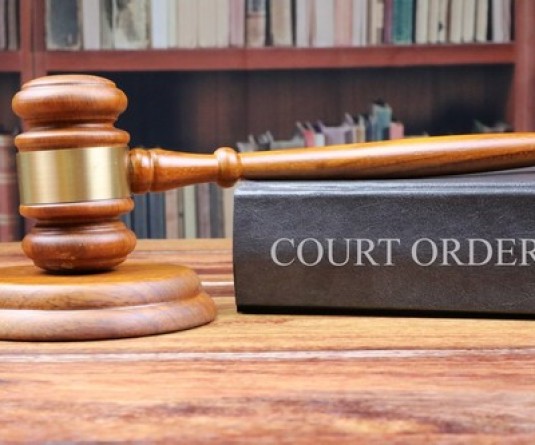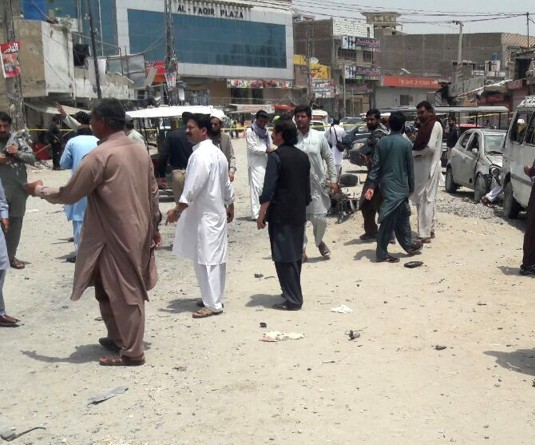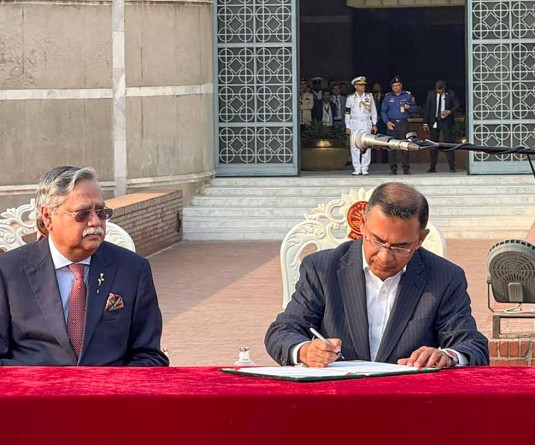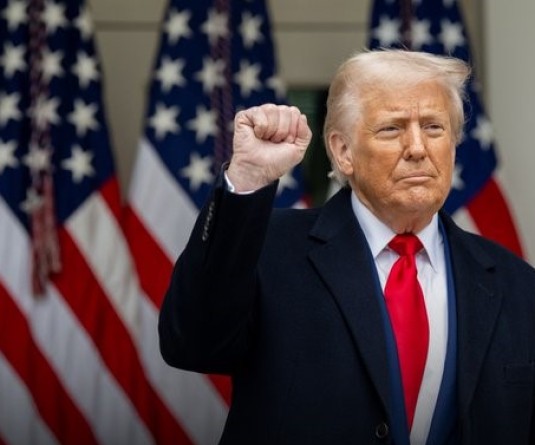
Phnom Penh, January 15 (IANS): The controversial treason trial of Cambodian opposition leader Kem Sokha began here on Wednesday amid criticism that journalists and civil society groups were turned away from the courtroom.
The 66-year-old Cambodia National Rescue Party co-founder is accused of conspiring with the United States to overthrow Prime Minister Hun Sen's government. His case has been widely criticized as politically motivated, with concerns that his treatment since his midnight arrest in 2017 has violated rights norms, Efe news reported.
Sokha was seen entering Phnom Penh Municipal Court on Wednesday morning as journalists filmed from across the road.
Human Rights Watch's deputy Asia director Phil Robertson said that for the "sham trial," "out of a maximum of 30 available seats in a courtroom... 23 will be reserved for diplomatic officials," therefore deciding which foreign governments will attend and limiting reporting of NGOs and independent press.
Cambodian Centre for Human Rights executive director Sopheap Chak said on Twitter that no independent civil society organizations and media were granted access to the courtroom, however she later added that "somehow, with intervention by an embassy, two journalists from VoA (Voice of America) and Reuters could get in."
"The handling of the case thus far is already littered with concerns regarding adherence to #FairTrial standards. It is paramount that the trial is scrutinized by the public to ensure fair trial standards are upheld and justice is delivered," Chak said in a statement.
The director of the Cambodian League for the Promotion and Defence of Human Rights, Nalay Pilorge, had similar concerns on Wednesday.
"As this trial is of significant interest both in Cambodia and outside the country, the Phnom Penh Municipal Court should record the trial proceedings and project them outside the courtroom, as they have done in the past," Pilorge said in a statement.
Sokha was arrested for treason at his house in Phnom Penh in the middle of the night on Sept. 4, 2017. After a year in pre-trial detention, he was released on bail in September 2018 and placed under house arrest, from which he was conditionally released in November.
The statement added : "his treatment as a convicted criminal for the past 26 months has seriously infringed on Kem Sokha's right to be presumed innocent until proven guilty."
If convicted, he faces up to 30 years in jail, while the trial could last up to three months, potentially ending after the European Commission's expected decision next month on whether it will suspend Cambodia's Everything But Arms trade preferences.
The EC last February launched a 12-month procedure to temporarily suspend the EBA scheme, which grants Cambodia duty-free and quota-free access to the European Union for all products except arms and ammunition. It has cited concerns over a deteriorating democracy, human rights and labor rights in the country. The European Union has also raised the issue of Kem Sokha's case.
"Given the shoddy, rights-abusing way the government has treated Kem Sokha, and the government's failures to make any serious progress on other rights issues, the EY will be fully justified if it takes harsh action next month to enforce the human rights provisions contained in the EBA agreement," Robertson said.
After Kem Sokha's 2017 arrest, Hun Sen tightened his grip on the country when the Supreme Court dissolved the CNRP, considered the only real threat to the ruling Cambodian People's Party ahead of the 2018 elections.
The CPP subsequently won all available parliamentary seats, effectively making the country a one-party state.






